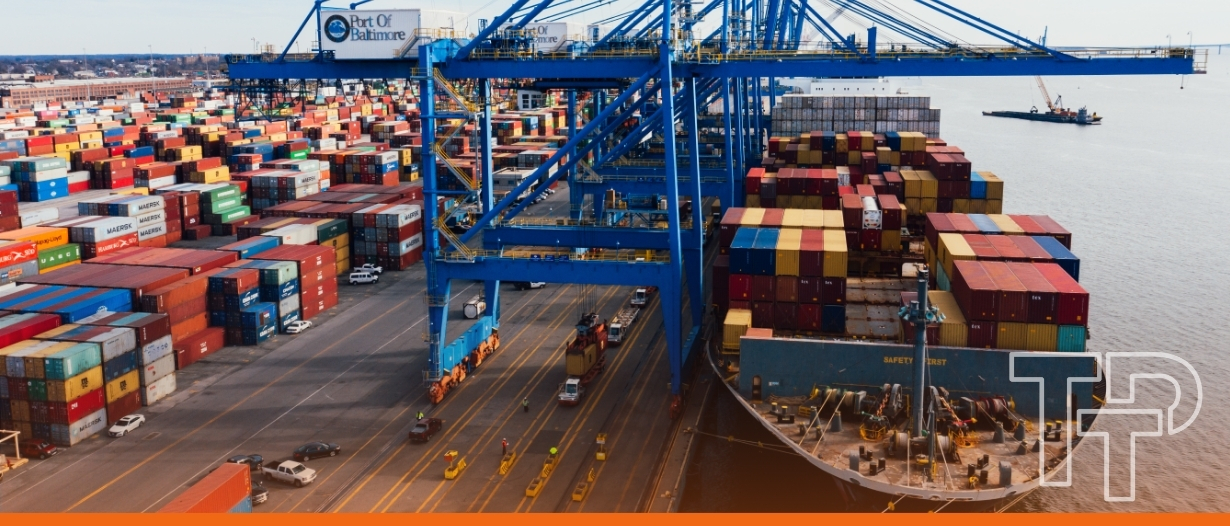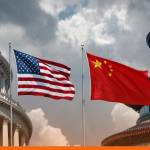Treasury and payments: Rethinking transaction fees in the era of instant everything
Alan Koenigsberg
Apr 27, 2025
 Carter Hoffman
Apr 22, 2025
Carter Hoffman
Apr 22, 2025

Trump’s tariffs are prompting importers to reassess their supply chain strategies, with a record number turning to foreign trade zones (FTZs) and bonded warehouses as a means of managing rising costs and operational uncertainty.
Designated by US Customs, FTZs offer a duty-free buffer for goods entering the country. Imports placed in these zones are not subject to tariffs until they formally enter the domestic market, if they do at all. Bonded warehouses, which offer similar benefits on a fixed five-year timeline, are also seeing increased use.
New tariffs on Chinese goods now reach up to 145%, and while most other countries have been granted a temporary 90-day grace period, many importers are opting to hedge early. Industry data confirms a surge in FTZ participation, with the National Association of Foreign Trade Zones reporting all-time high membership figures and a steep rise in inquiries from businesses across sectors.
Once seen as the preserve of large manufacturers in aerospace, electronics, and automotive, FTZs are now drawing interest from smaller firms and mid-market players as the zones can provide deferral or reduction of customs duties and give companies greater flexibility in inventory handling. Companies using FTZs can also benefit from so-called “inverted tariffs,” where the final product faces a lower duty rate than its components.
Despite clear financial upside, barriers to entry remain. Setting up an FTZ requires regulatory approval, trained staff, and investment in compliance systems. For some, especially smaller importers, these costs were once a deterrent. Today, they’re increasingly viewed as justifiable, particularly in industries where margin pressures are intensifying.
Logistics providers are seeing a corresponding spike in demand. Some companies are using bonded storage on a short-term basis, holding goods temporarily while monitoring how trade negotiations evolve. Others are fast-tracking FTZ applications to gain longer-term optionality.
With over 70 countries reportedly engaged in active negotiations with the US, companies are seeking tools that offer flexibility amid continued policy fluidity.
As FTZ usage broadens, the line between trade compliance and strategic decision-making is narrowing. For many importers, the question is no longer whether to explore FTZs, but how quickly they can get them up and running.

Alan Koenigsberg
Apr 27, 2025

Carter Hoffman
Apr 25, 2025
Trade Treasury Payments is the trading name of Trade & Transaction Finance Media Services Ltd (company number: 16228111), incorporated in England and Wales, at 34-35 Clarges St, London W1J 7EJ. TTP is registered as a Data Controller under the ICO: ZB882947. VAT Number: 485 4500 78.
© 2025 Trade Treasury Payments. All Rights Reserved.